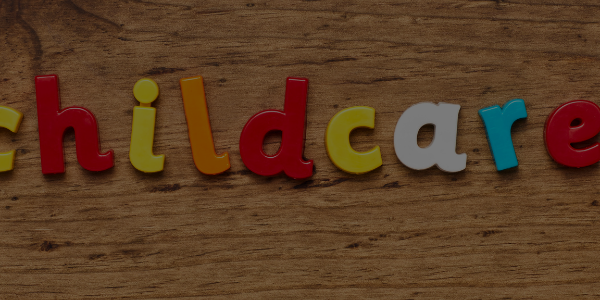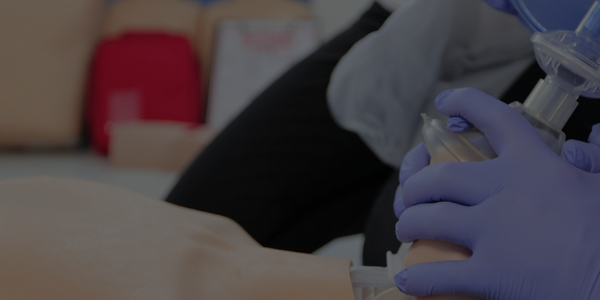Cardiac Arrest is a sudden loss of blood flow resulting from the failure of the heart to pump effectively. Signs include loss of consciousness and abnormal or absent breathing. Some individuals may experience chest pain, shortness of breath, or nausea before cardiac arrest.
If not treated within minutes, it typically leads to death.
It is generally triggered by a problem with electrical activity in the heart.
The most common cause is ventricular fibrillation, a rapid and irregular heart rhythm that causes the lower chambers of the heart (the ventricles) to quiver uselessly instead of pumping blood.
This rhythm can be caused by coronary artery disease, previous damage to the heart muscle, electrolyte imbalances, or drug toxicity from illegal drugs such as cocaine or prescription medications such as digoxin (Lanoxin).
Other rhythms that may lead to cardiac arrest include rapid and chaotic beating of the upper chambers called ventricular tachycardia and asystole, which is when there is no electrical activity in the heart at al
Symptoms of cardiac arrest include:
- The person suddenly collapses, usually without warning
- No pulse or heartbeat
- No breathing
- Loss of consciousness
- loss of responsiveness – no response to tapping on shoulders
- no normal breathing – gasping is not normal breathing
It can affect people of any age and occurs suddenly with no warning. If you witness someone having cardiac arrest, call 911 immediately and begin CPR if you are trained or if you have an automatic external defibrillator (AED) available.
It is different from a heart attack, which is a blockage that decreases blood supply to the heart.
A heart attack may cause cardiac arrest; however, most cardiac arrests are caused by other problems.
Such as abnormal heart rhythms or problems with the heart’s electrical system. It is often caused by ventricular fibrillation (VF), in which the lower chambers of the heart quiver ineffectively
Sudden loss of responsiveness and no normal breathing are both symptoms of cardiac arrest and require immediate action. If you believe someone may be experiencing cardiac arrest, call 000 immediately and start CPR.
Please note that regular First Aid and CPR Training is the best way to make sure that you’re prepare in the case of an emergency. Book a course with us!
Find this article useful? Read more of our blogs here!





